 |
 |
 |
 |
 |
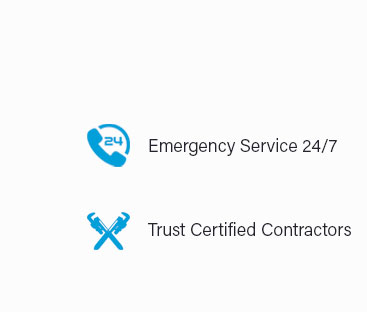 |
 |
 |
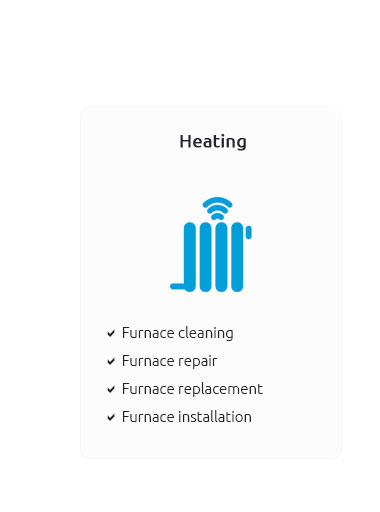 |
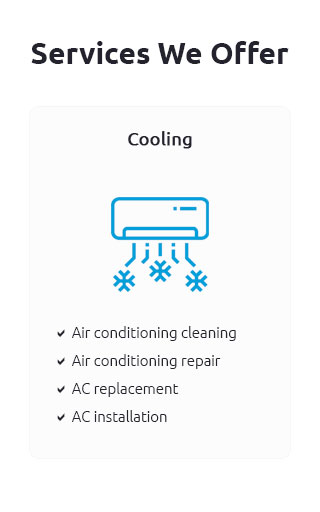 |
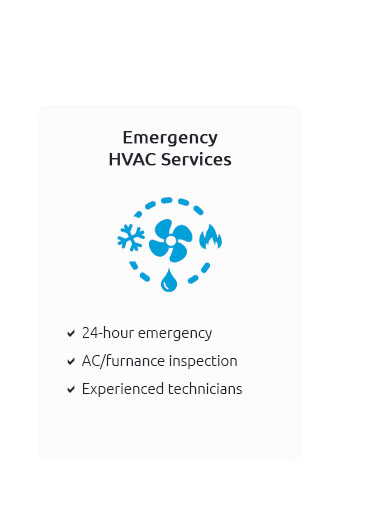 |
 |
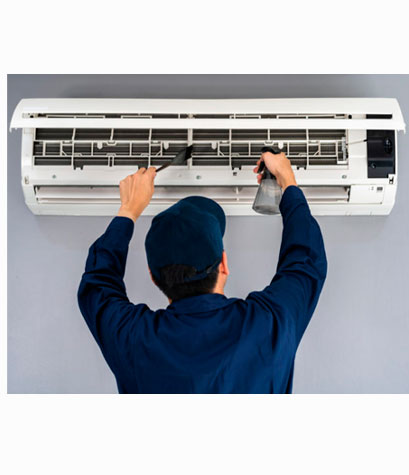 |
 |
 |
 |
|
7fuvkqlm6ib Welcome to the ultimate destination for top-notch HVAC services, where our elite team of AC and heating experts transforms your home into a haven of comfort with precision and care-experience unparalleled heating and cooling services tailored to your unique needs, and discover trusted local contractors who bring warmth in winter and cool relief in summer, all backed by our unwavering commitment to quality and customer satisfaction; because your comfort is our mission, and we don’t just meet expectations, we shatter them.
https://www.yelp.com/biz/air-conditioning-experts-honolulu-2
Very professional, no problems, have replaced and installed additional air conditioning units. Definitely have recommended to family and friends. https://www.yelp.com/search?cflt=hvac&find_loc=Honolulu%2C+HI
Top 10 Best Heating & Air Conditioning/HVAC Near Honolulu, Hawaii - With Real Reviews - Standard Air - APB Construction HVAC Division - C S Mechanical - Air ... https://www.stevesplumbinghawaii.com/oahu/ac-heat/
We are the most trusted heating and air conditioning company in Honolulu and the rest of Oahu! Call (808) 563-4054 or contact us online to request an HVAC ...
|